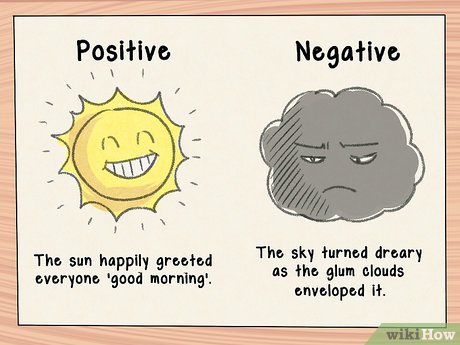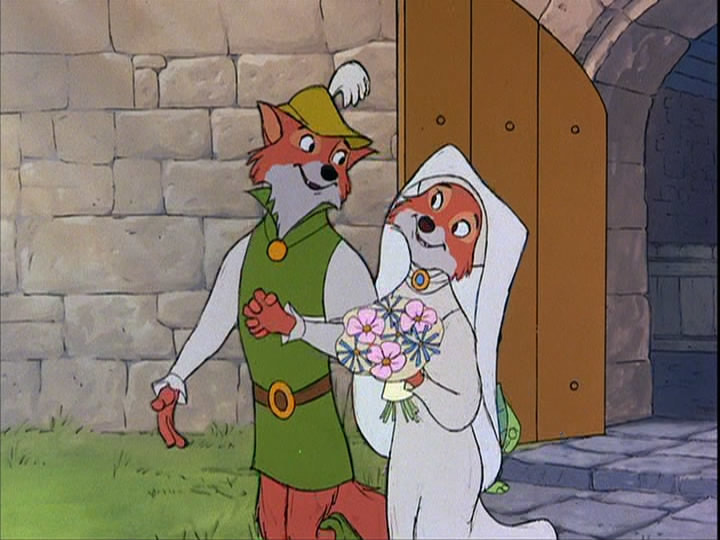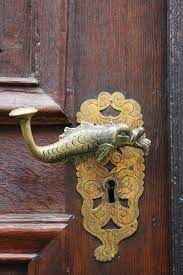AP English Literature and Composition List Terms
1/76
Earn XP
Description and Tags
"Just Smile and Wave, Boys. Smile and wave."
Name | Mastery | Learn | Test | Matching | Spaced |
|---|
No study sessions yet.
77 Terms
Closed Form Poetry
Follows a pattern or set of rules
Open Form Poetry
Follows no rules but the poet’s own
Enjambment
Continuation of one line of a poem to another without pause
End-stopped line
the opposite of enjambment, when there is a period or natural break at the end of a line
Hyperbole
extreme exaggeration for purpose of description (“I have been waiting for you for an eternity.”)
Explicit
Something said or written directly or clearly
Implicit
Suggesting/implying
Synecdoche
using a part to substitute for the whole (“all hands on desk”)
Metonymy
referring to something not by its name but by something clearly related (“The white house has no comment”)
Antithesis
Juxtaposition of two opposites (“to err is human; to forgive is divine.”)
Chiasmus
When two clauses are balanced against each other with their structures inverted (“never let a fool kiss you, or a kiss fool you.”)
Anaphora
repetition of word/phrases at the beginning of sentences or clauses
Epistrophe
repetition of words/phases at end of structures or clauses
Apostrophe
an address to someone not present or to a personified idea (“curse, you public education system!”)
Stanza
unit of poetry whose form is repeated throughout a poem
couplet
pair of rhymed lines
tercet
three lines
quatrain
four lines
quintain/quintet
five lines
sestet
six lines
septet
seven lines
octave
eight lines
sonnet
14 line, iambic pantameter poem
volta
change in thought in a sonnet (a new realization/perspective), usually indicated by “but” or “yet”
Shakespearean sonnet
3 quatrains terminated by a rhyming couplet.
first quatrain: introduces a question/idea
second/third quatrain: develop the question further
couplet: answers the question
volta (“turn”) before final couplet
Petrarchan sonnet
octave/sestet, with a volta between octave/sestet. Typically features high praise/scorn or extended metaphor
Simile
comparison using like or as
Metaphor
comparison in which you call one thing something it is not
imagery
fig. language appealing to the reader’s five senses
Mood
emotional response that the writer wishes to evoke in a reader through a story
Tone
Write’s attitude toward subject matter/audience of a literary work
Indirect characterization
process of describing character through that character’s thoughts, actions, speech, and dialogue
Direct characterization
Explicit characterization, consists of author telling audience what a character is like
Static/flat character
character who stays mostly the same throughout a narrative (typically are minor characters)
Dynamic/round character
character who changes throughout a narrative
Aphorism
Short saying of truth/wisdom (“if the shoe fits, wear it)
Polemic
A short, passionate arguement or attack against someone/something
Allusion
reference to another work or famous figure
Foreshadowing
an event/statement that suggests on a smale scale a larger event that comes later
Perspective
how the narrator percieves the story (affected by identity, life experiences)
Point of View
position from which a narrator tells the story; must have a number (1st, 2nd, 3rd)
Personification
Giving inanimate object/natural phenomenon human qualities

Anthropomorphism
Giving non human things literal human traits/behaviors

Zoomorphism
Giving humans animal like traits/behaviors (ex spiderman)

Archetypes
Standard/clichéd character roles such as the mentor, the hero, campanion, etc
Tropes
Standard/clichéd characters, personal ties of specific cultures such as class clown (requires a class) or nerd (requires dumb jocks)
Incongruity
Something noticeably out of place - can be comical
Double Entendre
Double meanings, when one is indecent or risque
Ambiguity
Open to multiple (often opposing ) interpretations
Euphenism
A mild, polite word in place of a harsher word
Zeugma
Used primarily in classical poetry when verb is used only one time but means two different objects (ex. she broke his car and his heart)
Sound devices
techniques of deploying sound of words, including rhyme, alliteration, assonance, consonance, and onomatopoeia.
Consonance
Repetition of consonant sounds within words
Assonance
Repetition of vowel sounds within words
Internal rhyme
When words in middle of lines of poetry rhyme (not only at end of lines) ex. while I nodded, nearly napping, suddenly there came a tapping
Near or slant rhyme
When words are similar looking/sounding but not true rhymes ex. bait/paid, swarm/worm
Elision
Replacing a syllable or a sound in line of poetry with an apostrophe (or dropping it altogether) to help the words fit the rhythm of the poem (“o’er”, “ere”, “t’ward)
Euphony
Style in which combinations of words are pleasant to the ear. Opposite of cacophony.
Cacophony
Style in which combinations of words are harsh/jarring to the ear
Elegy
A lyric poem that reflects on someone’s death
Conceit
Fanciful expression comparing unlikely objects (simile/metaphor); shakespeare mocks the use of those in Sonnet 130
Blazon
Poetic mode wherein speaker uses conceits and hyperbole to describe the parts of his/her lover’s body.
Caesura
Pause within a line of verse that interrupts the flow of speech. Features predominantly in verses of John Donne.
Epigram
Short poem infused with wit. Could be written to patrons/passed around in literary circles. Renaissance poets.
Metaphysical
Poem/poet that utilises strong conceit/metaphor to elaborate upon a central emotion or non-physical idea. Prime example of style of John Donne.
Canto
Section division in a long work of poetry (like a chapter of a novel)
Low comedy
physical
High comedy
intellectual
Comedy of morals
high comedy that covers moral dilemmas
Situational Comedy (Comedy of Intrigues)
Characters put through a series of plot twists
Comedy of Ideas
High comedy where differing ideas are represented through different personalities (typically a clash)
Slapstick
Low comedy dependent on physical humor (falls, crashes)
Farce
Suspended reality - bizarre situations/people that are humorous (can be both high/low comedy)
Satire
Things, ideas, and situations are criticized in a cynical tone (high comedy)
Black comedy (dark humor)
Making light of serious situations (high comedy)
Parody
Humorous imitation (can be both low or high comedy)
Induction
An explanatory scene offering critical information to understand a “play within a play”